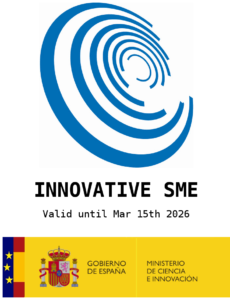Journal: Carbohydrate Polymers (2021)
Authors: Adriana Vilaça, Rui M. A. Domingues, Hanna Tiainen, Bárbara B. Mendes, Alejandro Barrantes, Rui L. Reis, Manuela E. Gomes, Manuel Gomez‐Florit
Abstract:
Metallic implants are widely used in diverse clinical applications to aid in recovery from lesions or to replace native hard tissues. However, the lack of integration of metallic surfaces with soft tissue interfaces causes the occurrence of biomaterial‐associated infections, which can trigger a complicated inflammatory response and, ultimately, implant failure. Here, a multifunctional implant surface showing nanoscale anisotropy, based on the controlled deposition of cellulose nanocrystals (CNC), and biological activity derived from platelet lysate (PL) biomolecules sequestered and presented on CNC surface, is proposed. The anisotropic radial nanopatterns are produced on polished titanium surfaces by spin‐coating CNC at high speed. Furthermore, CNC surface chemistry allows to further sequester and form a coating of bioactive molecules derived from PL. The surface anisotropy provided by CNC guides fibroblasts growth and alignment up to 14 days of culture. Moreover, PL‐derived biomolecules polarize macrophages toward the M2‐like anti‐inflammatory phenotype. These results suggest that the developed multifunctional surfaces can promote soft tissue integration to metallic implants and, at the same time, prevent bacterial invasion, tissue inflammation, and failure of biomedical metallic implants.




